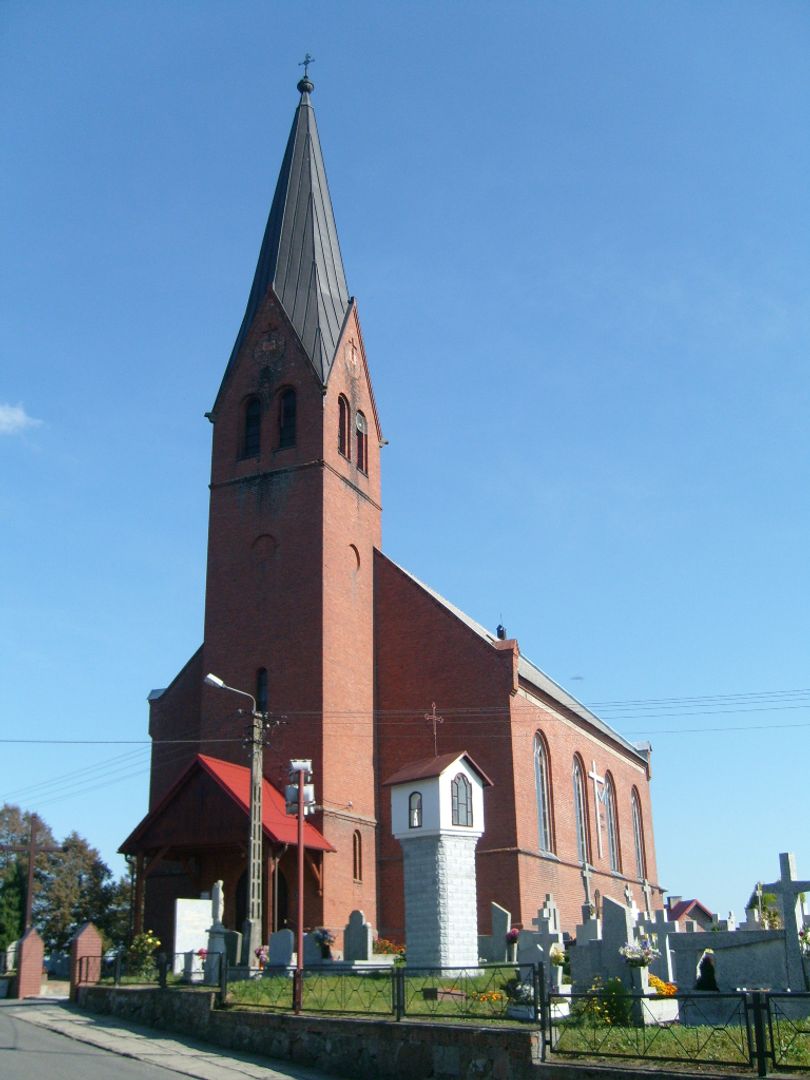Wudzyn
6.12

Overview
Wudzyn, also known as Groß Wudschin, is a village in the Kuyavian-Pomeranian Voivodeship, located in the Dobrcz municipality. With a population of 893 as of December 2020, Wudzyn has a rich history dating back to the Middle Ages. The first records of the settlement come from 1307, when the village was granted to the Cistercian monastery in Byszewo. In the following years, Wudzyn was under the influence of monks who introduced new methods of farming and construction, contributing to the creation of landed estates encompassing 40 localities. An important architectural aspect of the region were the wooden churches, one of which, built in 1292, was a branch of the parish in Serock. The name of the village, established in the 17th century, derives from terms related to water, owing to the density of waters surrounding Wudzyn in the Middle Ages. After World War I, a new railway line connecting Silesia with Gdynia was built, which influenced the development of the settlement. Although schools and agricultural associations existed in the interwar period, the most important moment in Wudzyn's modern history was the period after World War II, when the village became the seat of the Gromada National Council, and the community actively participated in the construction of infrastructure. In the 1970s, a new school and road infrastructure were built, and after 1989, the village gained a new face with a developed street network and local services. Wudzyn is also home to a disused Evangelical cemetery and a war cemetery where soldiers are buried, including scouts from Bydgoszcz who were murdered by the Nazis. In 2007, the residents celebrated the 700th anniversary of the first mention of Wudzyn, and the settlement is becoming an increasingly attractive place to live and relax, with intensively developing housing construction and allotment gardens, attracting residents of nearby Bydgoszcz.
Location
2026 Wizytor | All Rights Reserved